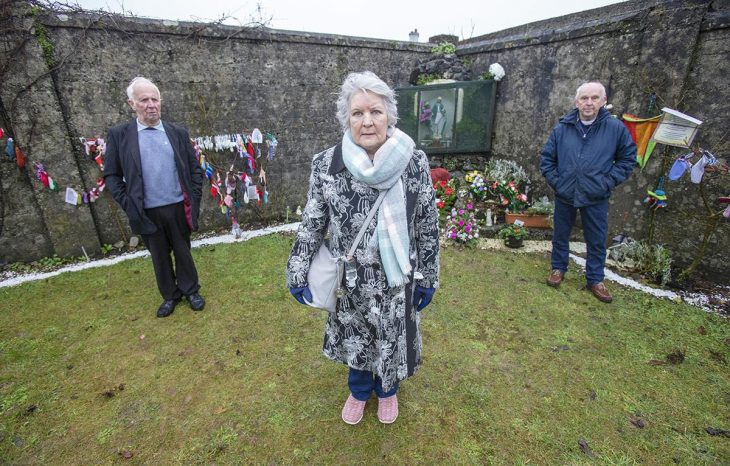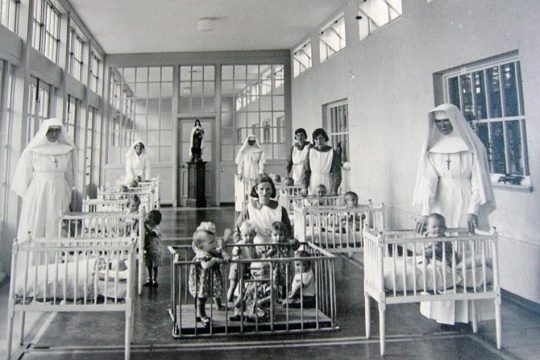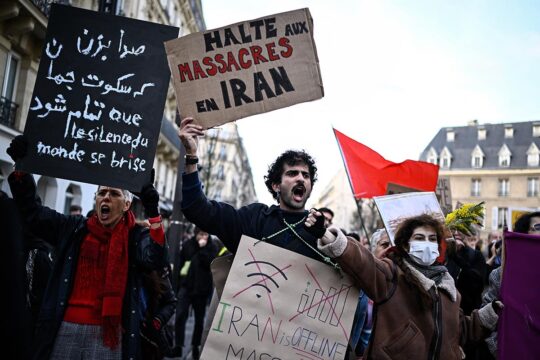To listen to the podcast, click on the “play” button below:
In a departure from our normal war crimes fare we are looking at advocacy for justice, truth and reparations in Ireland. For decades thousands of unmarried women were forced into mother and baby homes run by the church or the state. Thousands of babies died in the homes and those that did survive were regularly (illegally) adopted and often went to industrial or reform schools, which are also subject to a separate reports on abuses there.
For the Mother and Baby Homes a special commission was set up to look into what happened. After six years of work, it concluded that this was part of a general societal problem; Ireland was an “especially cold and harsh place for women” at the time. But the actions were “supported by, contributed to, and condoned by, the institutions of the State and the Churches”, the report concludes.
Janet and Stephanie spoke to Mary Harney who was born in a Mother and Baby Home in Bessborough in Co. Cork. She was illegally taken away from her mum, forcibly adopted and later sent to an industrial school. Mary is a recent law graduate in Galway, and she’s currently a current tutor in the Human Rights Law Clinic at the National University.
Also joining us was Maeve O’Rourke, lecturer in human rights law and director of the Human Rights Law Clinic at the National University of Ireland in Galway.
Mary and Maeve are both speaking about the final report of the Irish government’s enquiry into the Mother and Baby Homes which was released in January this year.
The report has been heavily criticised by survivors for not including human rights language and not allowing access to the materials they based their findings on.
For those who want to learn more about the advocacy work done by Maeve and the Human Right Clinic, she points to the Clann project, the Justice for Magdalenes research and the Adoption Rights Alliance.
Besides her go-to escapism books of Agatha Christie Mary also recommends the book Banished Babies: Secret History of Ireland’s Baby Export Business by Mike Milotte which centres on the trafficking of babies, but she warns it’s not light reading.

 ASYMMETRICAL HAIRCUTS
ASYMMETRICAL HAIRCUTS
This podcast has been published as part of a partnership between JusticeInfo.net and Asymmetrical Haircuts, a podcast on international justice produced from The Hague by journalists Janet Anderson and Stephanie van den Berg, who retain full control and independence over the contents of the podcast.






